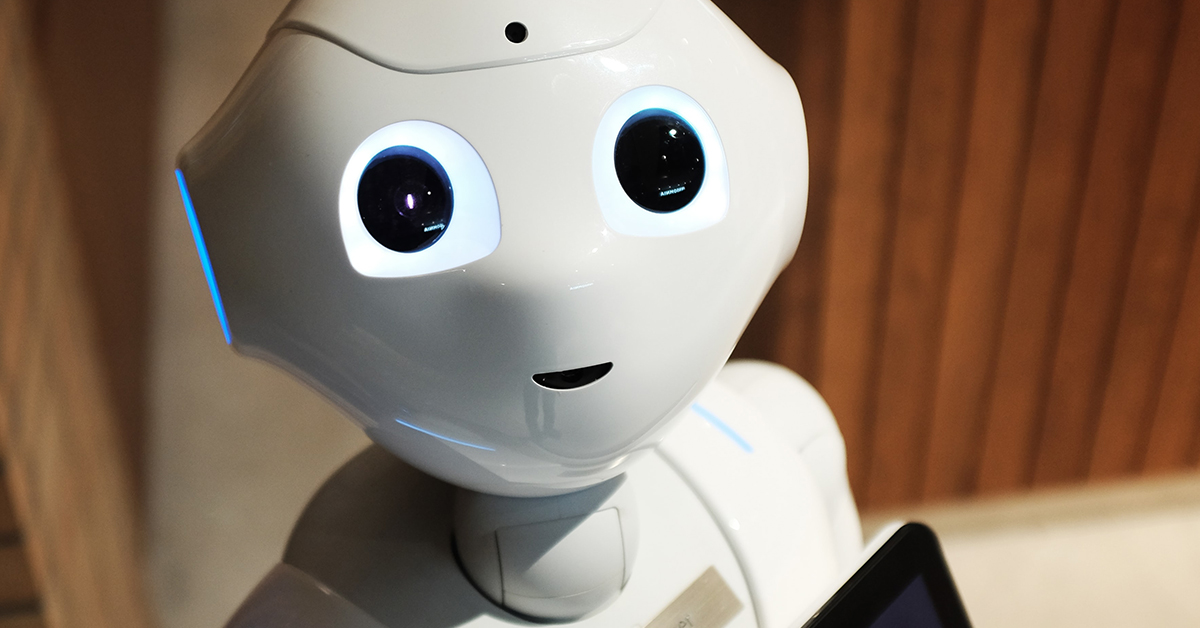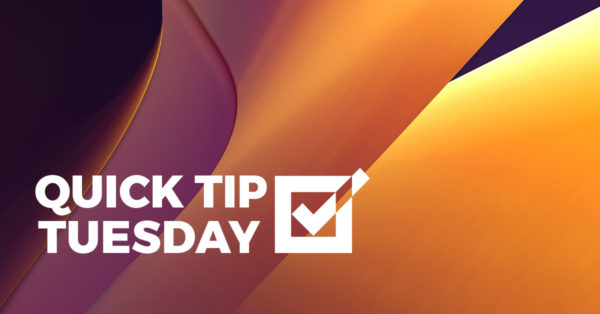And will we truly be happy in it?
Remember when Siri made her debut back in 2011? You could ask her who would win a fight between an emu and a cassowary, or whether you should take an umbrella in the morning, and she’d answer in a warm and caring voice. This was Artificial Intelligence at its most advanced level. Life would never be the same.
Here at Carpenter Group some of us still call on Siri—or Alexa—to set our alarm or check the weather, but the coolness factor has definitely, well, cooled. Compared with AI’s latest incarnation, ChatGPT, now Siri seems about as cutting-edge as fax machines and landline phones.
ChatGPT is a preternaturally sophisticated chatbot that uses generative artificial intelligence to create original, humanlike responses to questions in extreme detail. Need a three-page essay on the impact of the 1918-19 influenza pandemic on the Bulgarian economy? No problem. How about a recipe for Bananas Foster written in the style of Henry James? Just ask. Scouting for birthday gift ideas for a hard-to-please five-year-old? The chatbot will crank out a zillion, categorized by interest. One Twitterer requested “a biblical verse written in the style of the King James Bible explaining how to remove a peanut butter sandwich from a VCR.” (“And lo, the Lord spake unto the people, saying, ‘Thou shalt not place thy peanut butter sandwich within the VCR, for it is not a suitable place for such sustenance.’”)
In the 1950s, the visionary mathematical genius and cryptanalyst Alan Turing wrote, “A computer would deserve to be called intelligent if it could deceive a human into believing that it was human.” ChatGPT appears to have fulfilled that prophecy.
This is probably not the first you’ve heard of ChatGPT. Barely in its infancy—it was only launched on November 30—the thing keeps garnering acres of front-page real estate day after day, all over the world. Techies, futurists and science writers have praised ChatGPT to the heavens, with The New York Times hailing it as “quite simply, the best artificial intelligence chatbot ever released to the general public.” And Microsoft has announced plans to acquire a $10 billion stake in OpenAI, the startup behind it all.
Yet for all the excitement, not everyone is applauding. Some dismiss ChatGPT as a parlor trick—“treat it as a toy, not a tool,” writes Ian Bogost in The Atlantic. Educators see it as an open invitation to grade and grad students alike to plagiarize and cheat; the New York City public school system has blocked access to ChatGPT and bans by other school districts are likely to follow. And the International Conference of Machine Learning will not accept scientific papers written with AI assistance.
Then there are the legal issues. If the chatbot produces the same 2,000-word white paper on the causes of the Thirty Years War for two or more people, who owns the property? Does anyone? According to Gartner analyst Bern Elliot, “the model is trained on a corpus of created works and it is still unclear what the legal precedent may be for reuse of this content, if it was derived from the intellectual property of others.”
What’s more, to qualify for copyright protection, “materials must be created by human authors and be ‘original works of authorship’ that are fixed in a tangible form,” according to Moish E. Peltz a partner at the law firm Falcon, Rappaport & Berkman. And while the chatbot will quickly rebuff requests to act unethically—write a defense of Putin or a bomb-making manual, say—there are workarounds to get it to comply.
Existential questions abound—What is creativity? What is unique? What is humor? What is knowledge? Do original thoughts exist? Do I still need a brain? Will this year’s most talked-about Super Bowl commercials be written by a machine?
One thing we can say: Virtually every disruptive technology since the wheel has brought benefits and harm, from the printing press to internal combustion to atomic fission to AI. One could see it all in dystopian terms, perhaps, the machines finally taking over. But it isn’t that Big Brother is watching you. He’s doing your homework and letting you take the credit. For some, that may be just as scary.
Disclosure: In much of the coverage we’ve read, we’ve noticed a tendency of authors to surprise the reader with the revelation that a paragraph or two were written by ChatGPT. We might have done the same, but whenever we tried to access the site, we were barred from the door with a message: “ChatGPT is at capacity right now.” Rejected but resilient, we rolled up our sleeves and wrote this ourselves.




